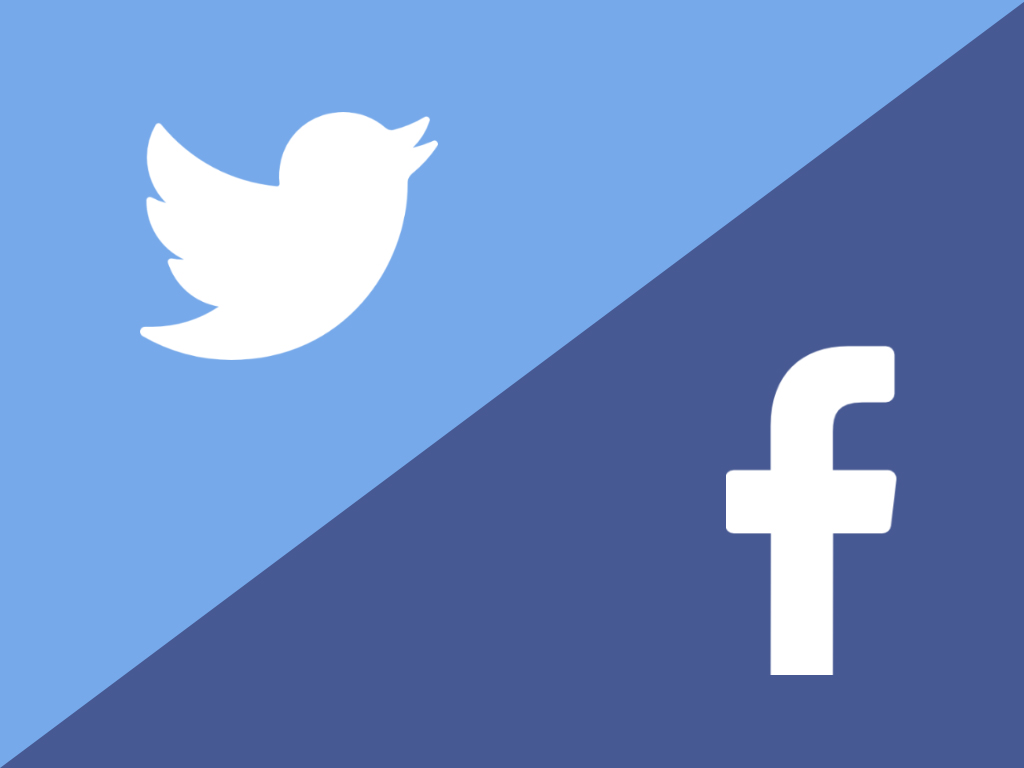How to identify parody accounts
With less than 50 days until the 2023 general elections, opposition parties have kept on hitting harder at each other with misinformation and disinformation. But a common practice has been the use of parody accounts to circulate fake news. Parody accounts are very common among supporters of politicians and entertainers in the movie and music […]

With less than 50 days until the 2023 general elections, opposition parties have kept on hitting harder at each other with misinformation and disinformation.
But a common practice has been the use of parody accounts to circulate fake news.
Parody accounts are very common among supporters of politicians and entertainers in the movie and music industries across the world.
Some create them as a form of love and support where they share strictly what has been verified by the politician or entertainer, but that has taken on a whole new dimension.
What is a parody account?
There is one universal definition of parody, which is writing, music, art, speech, etc. that intentionally copies the style of someone famous, or copies a particular situation, making the features or qualities of the original more noticeable in a way that is humorous.
However, the policies differ depending on the medium an individual chooses to use: Twitter, Facebook or Instagram.
In Twitter policy, a parody, commentary, or fan account is an account that depicts another person, group, or organisation in their profile to discuss, satirise, or share information about that entity.
While these accounts may use elements of another’s identity, they also feature profile language that indicates the account is not affiliated with the subject of the profile.
Accounts that post news updates about a specific entity, commonly known as ‘newsfeed’ accounts, and role-playing accounts may also fall under this designation.
In Instagram and Facebook, parody accounts generally include humour or sarcasm to keep people interested and share jokes and other funny ideas arising from the main subject.
Unfortunately, not everyone opens a parody account for humour; in fact, people now use them to fuel misinformation and disinformation.
How to identify a parody account
It is very easy to mix up a real account with a parody account if you don’t know how to distinguish between the two.
However, Daily Trust highlights a few ways to identify a parody account in this article.
The first thing to take note of is that parody accounts can appear haphazard with too many unrelated and funny contents from the real account because parody accounts are meant to be humorous and sarcastic to keep people coming back for more.
Another thing is that they are capable of making bold statements or posting misleading information without any quotes, related pictures, or videos to back up their claims.
Some parody accounts always try to distinguish themselves from the real account, starting from the spelling of the name in the handle, the bio, and profile pictures, so before you agree with a post, check the bio and possibly older posts to make sure it is the real account and not a parody.
But in some cases, some use both alphabets and figures to make up a handle in order to make it look the same as the real account and therefore hard to differentiate.
Similarly, with the general elections drawing near, many Nigerians have taken their support for their preferred candidates to a whole new level. The use of parody accounts has risen since the kickoff of campaigns, especially on Twitter.
However, many of these accounts are not created for humour or sarcasm but simply to mislead people and cause damage to the opposition parties.
Daily Trust has in the past identified a few parody accounts using the names of prominent Nigerians. However, the most recent was a parody account using the name of the former head of state, General Ibrahim Badamasi Babangida, to endorse the Labour Party (LP) presidential candidate, Peter Obi. It caused a serious uproar as many people believed it came from him even after he had said several times in the past that he was not on social media.
It is very evident that fake accounts are slowly replacing what parody accounts stand for because only a few parody accounts really follow the policies.
However, the best way to get rid of fake accounts or said parody accounts fueling misinformation is by reporting the accounts aggressively.
Doing so will ensure that they are taken down by the medium they use, and help in reducing the spread of fake news in society, seeing the power social media holds in the world currently.
